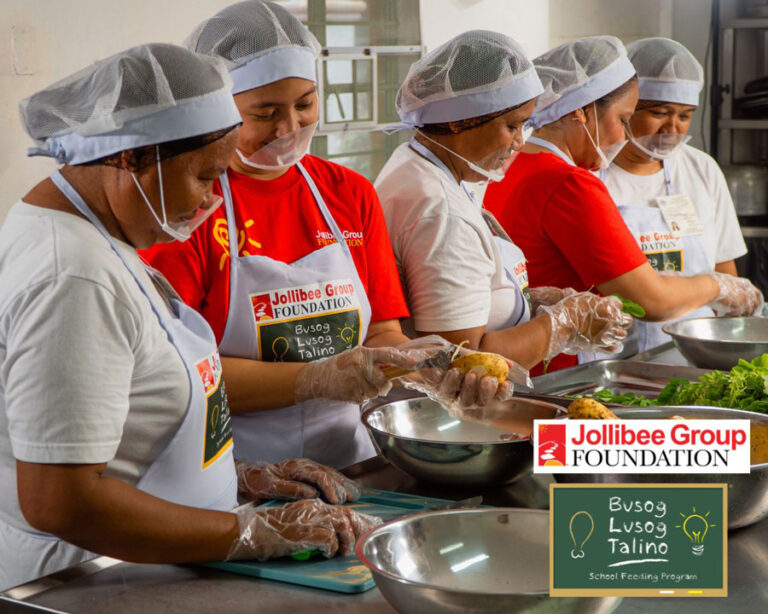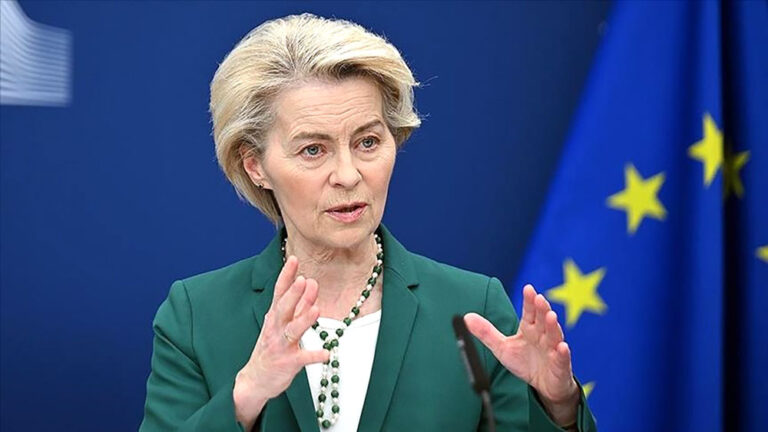Early results in Pakistan’s violence-marred election show former cricketer Imran Khan with a clear lead amid claims by rival parties the poll had been “blatantly” rigged.
Shahbaz Sharif, brother of jailed former prime minister Nawaz Sharif, said on Twitter there had been “massive rigging” in Khan’s favor amid widespread allegations of military interference in the general elections.
“We will use all political and legal options for (redress) of these glaring excesses,” he added.
The leader of the Pakistan People’s Party (PPP), Bilawal Bhutto Zardari, son of the late leader Benazir Bhutto, also took to Twitter to say he would reject the results over concerns of ballot rigging, saying it was “inexcusable (and) outrageous.”
Khan looked set to become Prime Minister as projected partial results suggested his center-right Pakistan Tehreek-e-Insaf, or PTI, had exceeded expectations.
Partial results showed Khan’s party is set to secure 106 seats in the 342 seat National Assembly, the state-run PTV reported. Sharif’s PMLN (Pakistan Muslim League) is set to win 63 seats, PTV said, while the PPP will take 46 seats.
PTV’s estimations are based on unofficial preliminary results released by Pakistan’s Electoral Commission (ECP).
“The results, as they stand, are striking to say the least,” said Michael Kugelman, a South Asia expert at the US-based Wilson Center.
“While a PTI victory was definitely a strong possibility, a victory by such a wide margin was unexpected and gives the PML-N and other losing parties more reason to allege electoral foul play.”
Khan is due to address the nation on Thursday at 2 p.m. local time, his spokesman Naeem ul Haq said, “in celebration and recognition of the massive support received from the people of Pakistan.”
Khan’s supporters were already celebrating in the streets of Lahore and Islamabad, dancing and waving flags bearing his image.
Security was ramped up outside Khan’s residence in the capital, said Najeeb Ur Rehman Bugvi, senior superintendent of police.
Wednesday’s vote, which is only the second democratic transition in Pakistan’s 71-year history, was overshadowed by growing fears of political instability, hundreds of arrests and terrorist attacks.
A bomb attack outside a polling station in the city of Quetta killed at least 31 people and injured dozens more as Pakistanis voted in the fiercely contested general election.
ISIS claimed responsibility for the attack, but CNN could not verify this assertion.
Khan, who has presented himself as a “change” candidate bent on building a “New Pakistan,” condemned the Quetta blast, saying in a tweet that “enemies of (Pakistan are) seeking to disrupt our democratic process.”
The bombing was the latest in a series of deadly attacks that have blighted the campaign. A suicide bombing in the same province earlier this month killed 150 people and led to suggestions the election should be delayed.
Army officials said that more than 370,000 troops had been deployed to ensure a “fair and free” election, with police estimating the total security force at 800,000 personnel — backed up by flying surveillance drones in some areas.
The run-up to Wednesday’s vote was dogged by increasing tensions over allegations that the powerful military had secretly backed Khan, a massive crackdown on the media and the electoral participation of militant groups.
The Human Rights Commission of Pakistan expressed “serious reservations about the extraordinary powers accorded to security forces” and called the election “the dirtiest” in the country’s history.
Leaders of almost every political party except Khan’s have alleged vote rigging, with some claiming their monitors did not receive final tallies or were asked to leave polling stations before tallying was finished. They also raised questions over why the results had been delayed.
Election Commission of Pakistan Secretary Babar Yaqoob rejected the claims, saying in a statement that polling agents whose parties were not performing well were leaving the stations without taking the forms.
Claims of election rigging are commonplace in Pakistan. In 2014 thousands of Khan’s supporters marched on the capital Islamabad to demand Nawaz Sharif’s resignation amid claims of vote-rigging during previous year’s general elections.
However, opposition party members claimed this year’s alleged rigging had been blatant and on an unprecedented scale.
“What’s different, and potentially explosive, this time around is that political tensions between the PTI and PML-N are at a fever pitch,” said Kugelman. “The PML-N is not in the mood to be a graceful loser, and it may well resort to street protests.”
Khan has repeatedly denied accusations he is supported by the military and condemned the harassment of election candidates.
After polls closed, military spokesman Maj. Gen. Asif Ghafoor thanked Pakistanis for proving their “love & respect” for the armed forces and other law enforcement by going to the polls.
You have “rejected all kinds of malicious propaganda. We are strong because we have your unflinching support,” he tweeted in a veiled reference to allegations of military interference.
A victory for Khan would be historic and would signal a break from the two-party system that has traditionally dominated national politics.
Campaigning on a populist, anti-graft ticket, Khan pledged an end to decades of what he calls the Sharif and Bhutto families’ corruption and misrule.
Nawaz Shari was ousted from office last year over corruption-related charges, which led to his imprisonment earlier this month.
“A Khan victory will herald a new era — many Pakistanis who are sick of the same two parties have put a lot of hope in him for a (new) Pakistan,” said Afzal of the Brookings Institute. “We’ll have to wait and see if one will, infact, materialize.”
Banking on his huge popularity as a sports celebrity and the PTI’s success as a regional party, his anti-graft mantra struck a chord with young and middle-class Pakistanis.
Khan’s supporters remained optimistic that if elected, his long road to power would bear fruit for them.
“I have just voted for PTI,” Amna Gardar in Lahore, capital of Punjab province told CNN Wednesday. “If you want to be part of that change, please come out, please vote.”
As election results came in it appeared that Khan had loosened the PML-N’s grip on its stronghold in Punjab, Pakistan’s most populous and richest province.
“Khan has successfully captured many young, urban, conservative, middle class voters in Punjab,” said Kugelman. “That’s a critical constituency, given that Pakistan is a young, urbanizing, conservative country with a growing middle class–and Punjab is its largest province.”
However, if Khan does not win a majority he may be obliged to engage in coalition negotiations, either with the once-dominant Pakistan People’s Party — led by the 29-year-old Bilawal Bhutto Zardari — or with some of the wide array of smaller parties.
Whoever forms the next government of Pakistan, an Islamic republic of 207 million people, will have to deal with a massive debt crisis.
The nuclear-armed state also faces uncertainty over its relationships with the United States — which has cut military aid due to Islamabad’s alleged support for the Taliban in neighboring Afghanistan — and China, which has financed multibillion-dollar infrastructure projects in the South Asian country.
For Khan’s supporters, a win would be proof that there is a “third way” in Pakistani politics, said Kugelman, “that leaders not tied to family dynasties and established parties can rise to the top”.
“For Khan’s detractors, a win would represent a silent coup for a military intent on bringing their preferred candidate to power,” he added.(Bard Wilkinson and Sophia Saifi, CNN)
Link: https://edition.cnn.com/2018/07/26/asia/pakistan-polls-close-intl/index.html



